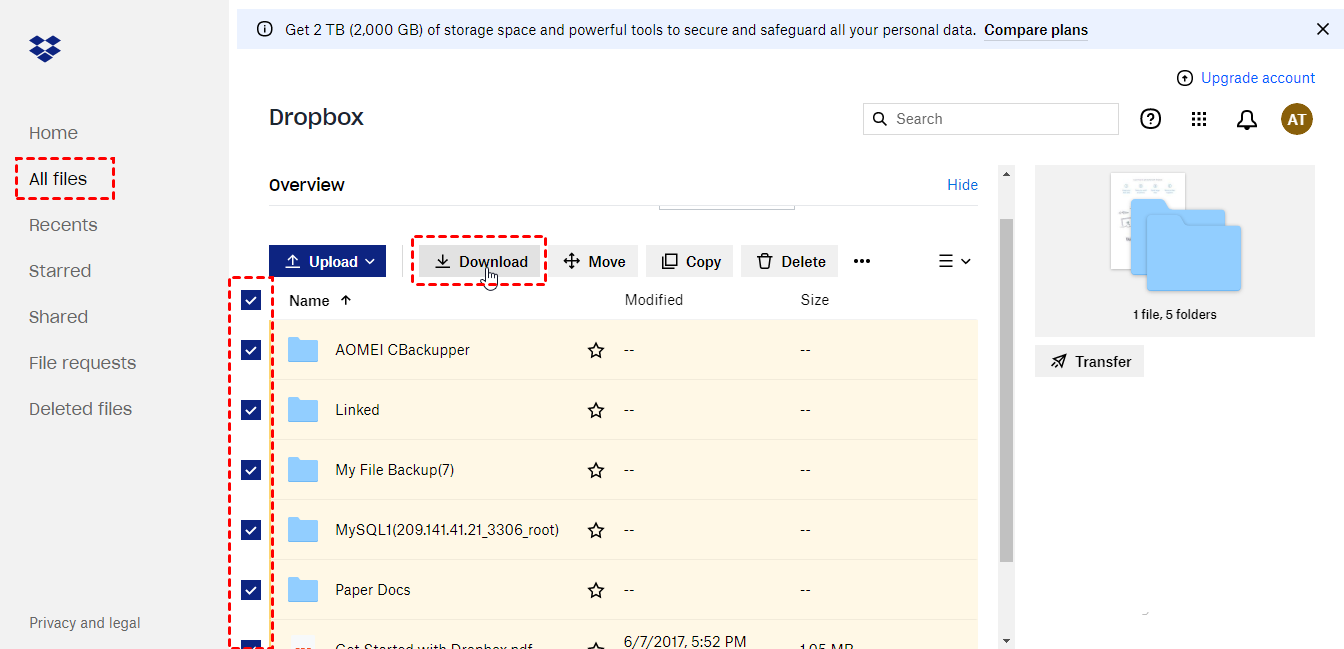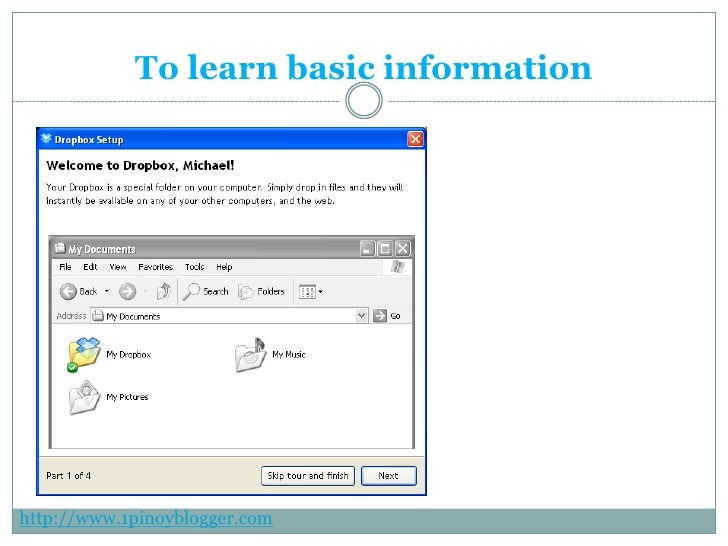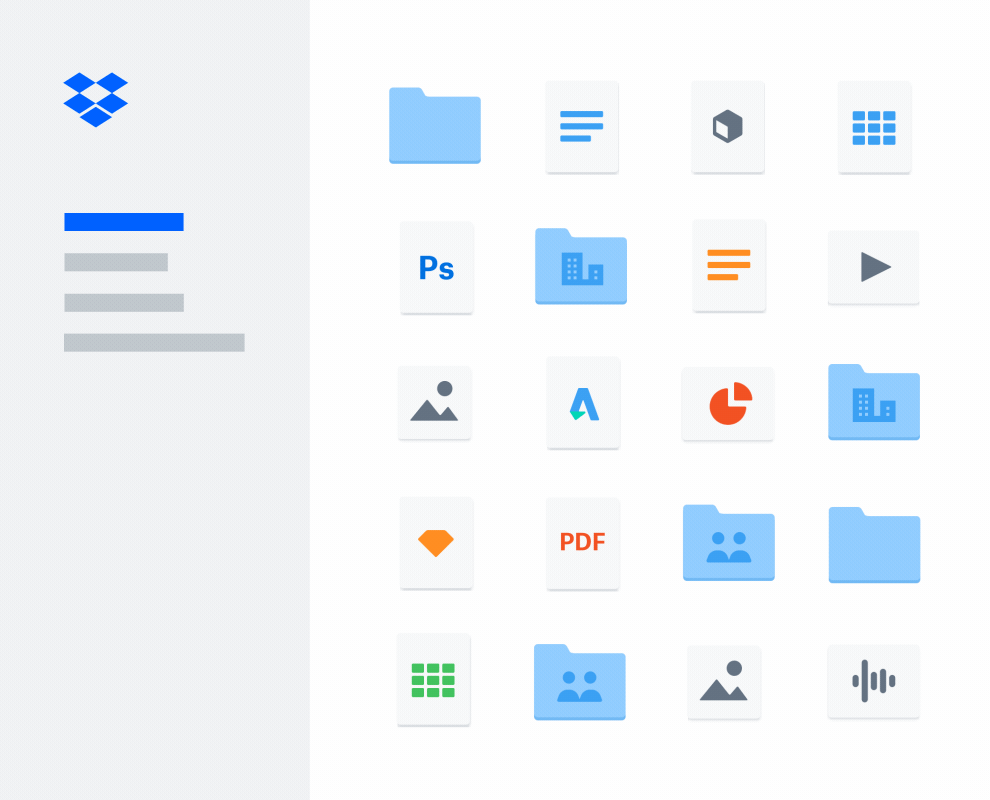
- #Dropbox desktop backup install
- #Dropbox desktop backup update
- #Dropbox desktop backup free
- #Dropbox desktop backup windows
I’m going to use Microsoft Word for this example, but the concept is very simple: we need to change the default document folder in whatever application(s) you use regularly to be a folder within the Dropbox folder. If you’re using Dropbox for automatic behind-the-scenes backup, we need to make one other change.
#Dropbox desktop backup update
#Dropbox desktop backup windows
(Screenshot: )Ĭlick on the folder icon to open Windows File Explorer on your Dropbox folder. Dropbox icon in the notification area.Ĭlick on it to get the Dropbox status window. The Dropbox icon will appear in the taskbar notification area.A Dropbox folder will be created in C:\Users\\Dropbox, where “” is replaced with your Windows username.It will automatically start with Windows.The important aspects of the newly installed Dropbox are: You can investigate the rest of the settings as you like, but the default installation is actually all you need.
#Dropbox desktop backup install
If it does not, visit /install to download and install the app.Īfter signing in to the app with the credentials you created above, it will ask if you want to turn on Dropbox’s own backup feature. Once you click Continue, the Dropbox downloader may download and install the program for Windows.
#Dropbox desktop backup free
After clicking Create an account, you’ll be taken to a page to select which Dropbox plan you want. The free two-gigabyte plan is a fine place to start. Naturally, you’ll have to agree to Dropbox’s terms of service. 2įill in your name and email and choose a strong password. (Screenshot: )Ĭlick on “get Dropbox Basic”, and on the resulting page, click on “Sign up for free”. Go to and sign up for an account: Dropbox home page. Every time you save the document to disk, it’s backed up. Even if there is no machine “B”, you still benefit, because every time you save a document, it’s automatically copied to or updated on the service’s cloud storage.

What looks to you and me like a direct copy from machine “A” to machine “B” is in fact a 1:

If you only work on one machine, the value comes from a by-product of the data synchronization. However, you don’t need two (or more) machines for these utilities to have value. If you create or save a document on machine “A”, it is automatically replicated or updated on machine “B” (and “C” and “D” and however many you are using with the utility). The key feature these utilities provide is the automatic syncing of documents between multiple computers. If you prefer, however, there are alternatives, including SugarSync, Box.com, Spideroak, Google Drive, Microsoft OneDrive, and more. I’m going to use Dropbox as an example throughout this article, as it’s a ubiquitous and popular utility. Every time you save a file, you’ll back it up with Dropbox.

Leverage this for automatic backups by changing your default working folder to be a folder within Dropbox. As a side effect, the files are also replicated to Dropbox’s online cloud storage. Dropbox is designed to automatically copy files between machines.


 0 kommentar(er)
0 kommentar(er)
